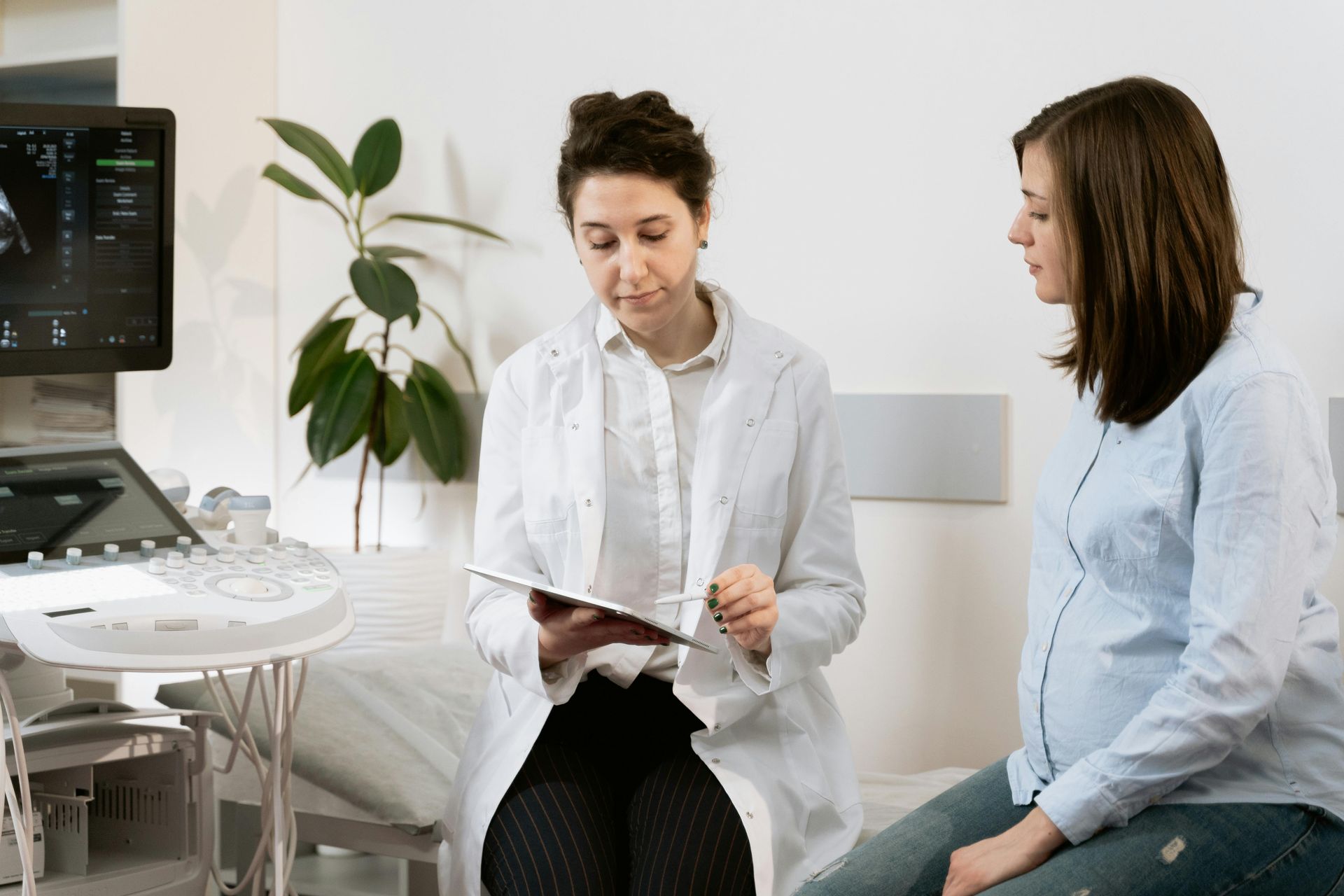Balancing College and Pregnancy: Tips for a Successful Journey
Balancing College and Pregnancy: Tips for a Successful Journey
Becoming pregnant while pursuing higher education can present its own unique set of challenges. However, with the right support, resources, and mindset, you can successfully navigate both your college journey and the joys of pregnancy. Here's six helpful tips for managing college and pregnancy.
1. Open Communication with Professors and Advisors
It is crucial to communicate your situation with your professors and academic advisors as soon as possible. They can help you explore options such as modified schedules, online courses, or flexible deadlines that can accommodate your pregnancy needs without compromising your education.
2. Seek Emotional Support
Navigating college and pregnancy simultaneously can be emotionally challenging. Seek out a support network that understands your unique position, such as friends, family, or fellow students who have experienced similar circumstances. Additionally, consider joining support groups or seeking counseling services provided by your college or local community.
3. Plan Ahead and Prioritize
Organize your schedule and create a timeline that allows for both your college commitments and pregnancy-related appointments. Planning ahead helps ensure you have enough time for rest, self-care, and attending prenatal visits without feeling overwhelmed.
4. Take Advantage of Resources On and Off Campus
Many colleges offer resources specifically tailored to supporting pregnant students. These may include lactation rooms, counseling services, childcare services, and academic advising specifically for expecting students. ACPC Women's Clinic can connect you to community resources that can assist with furthering healthcare and other necessities, making your college and pregnancy journey more manageable.
5. Utilize Technology and Online Resources
Incorporate technology into your academic routine. Online courses, video lectures, and e-books allow for flexible study hours and the ability to work remotely when needed. Additionally, numerous pregnancy-related apps can help you track your health, appointments, and provide information and support throughout your pregnancy.
6. Take Care of Your Physical and Mental Health
Prioritize self-care during this crucial time. Maintaining a healthy lifestyle, eating nutritious meals, exercising appropriately, and getting enough sleep will positively impact both your pregnancy and your ability to concentrate on your studies.
ACPC Women's Clinic is dedicated to empowering and supporting pregnant college students. We understand the unique challenges you face and offer a range of community resources designed to help you succeed in both your academic and motherhood journeys. Contact us to learn more about the services and assistance we provide, including mentorship programs and access to local community support networks.
Remember, you are not alone in this journey. By reaching out for support, utilizing available resources, and practicing self-care, you can successfully manage both college and pregnancy, paving the way for a bright future for both you and your growing family.







